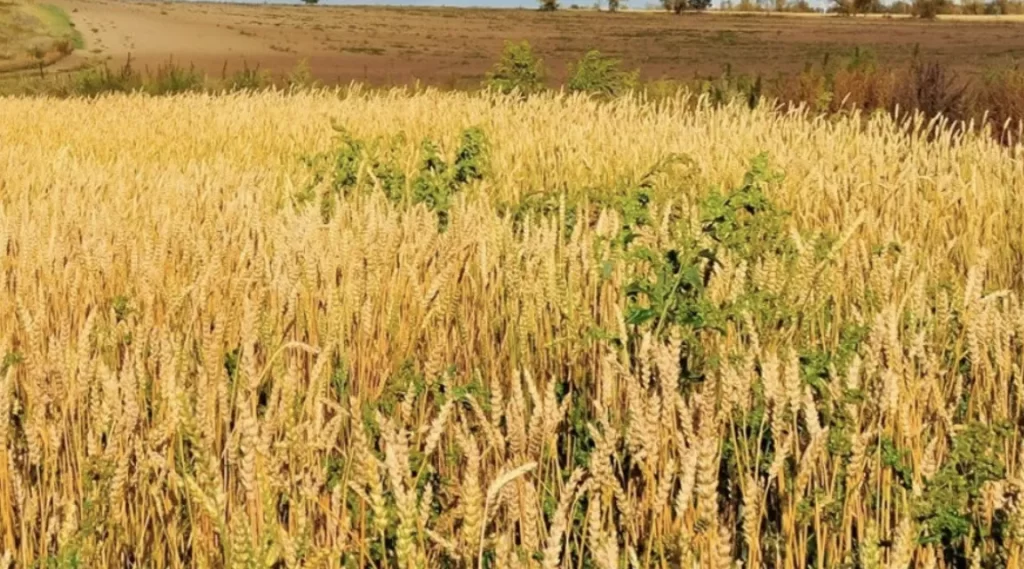Calvin Codger
Puritan Board Freshman
Many partial preterists link the "end of the age" reference in the Olivet Discourse to the events of 70 AD.
I think that Lord's use of phrase in the parable of the Wheat and Tares precludes this view. The parable of the
wheat and tares links the end of the age to the second coming and general resurrection. Linking the second coming
to the end of the age provides the most coherent partial preterist approach.
What do you think? I look forward to some iron-sharpening feedback on this.

I think that Lord's use of phrase in the parable of the Wheat and Tares precludes this view. The parable of the
wheat and tares links the end of the age to the second coming and general resurrection. Linking the second coming
to the end of the age provides the most coherent partial preterist approach.
What do you think? I look forward to some iron-sharpening feedback on this.

The End of the Age
I was listening to an old series of lectures on Matthew by Steve Gregg who is a partial preterist. When he came to Matthew 13 he understood the end of…
postalpundit.com
Last edited:

